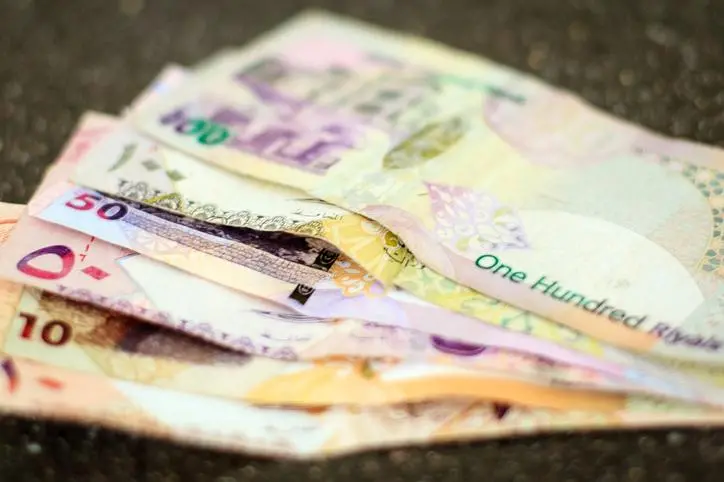PHOTO
Qatar's conservative 2021 budget and robust policy response to the COVID-19 crisis support a cyclical recovery, according to a new report from BofA Global Research.
Qatar last week relaxed a few mobility restrictions as a part of a gradual plans to lift all curbs, its state media said. Nearly 40 percent of its population has been fully vaccinated, according to Our World in Data.
The Gulf country introduced in mid-2020 an overall stimulus package of 75 billion riyals ($20.6 billion) or 10.7 percent of GDP, consisting of fiscal and monetary measures. The fiscal support package was 2.1 billion riyals according to the IMF. The Qatar Central Bank (QCB) provided additional liquidity to banks through a 50 billion-riyal window, introduced a 3 billion loan guarantee program and postponed all loan payments to banks and to the Qatar Development Bank for six months (extended until September 2021).
The gas-rich member of the Gulf Cooperation Council has budgeted for a deficit of 34.6 billion Qatari riyals ($9.5 billion) or 6.1 percent of GDP, based on an oil price assumption of $40/bbl. This is down compared to the official 2020 budget target surplus of 0.5 billion riyals.
For 2020, Qatar recorded a modest fiscal deficit of 11.3 billion riyals. Total fiscal revenues dropped by 20.3 percent year-on-year (yoy), but tight spending controls saw expenditures drop by 12.5 percent yoy.
Capital spending dropped by 21.4 percent yoy, but current spending also declined by 6.8 percent yoy. A drop in the government wage bill likely partly reflects directives announced in 2020 to reduce the expatriate wage bill by 30 percent.
“We expect the 2021 fiscal balance to swing to a surplus of 12.5 billion riyals mainly on the back of a higher-than-budgeted oil price. The lagged effect on corporate taxes (including on Qatar Petroleum (QP)) should constrain revenues somewhat, and VAT will not be introduced in 2021,” said BofA said.
Overall, 2021 spending is budgeted to drop by 7.5 percent yoy versus the 2020 budget, mostly on capital expenditure cuts.
“The latter partly reflects the completion of some major infrastructure projects. The wage bill is targeted to decrease by 1.9 percent due to rationalization measures. However, given the underspending in 2020, fiscal spending this year is likely to increase instead by 6.7 percent yoy,” the report added.
BofA said Qatar could become the swing Liquefied Natural Gas (LNG) producer going forward, with market share focus and more flexible pricing. “We expect its LNG expansion plans to boost real GDP growth and fiscal surpluses to high-single digits and mid-single digits on average over 2021-27. This is likely to underpin sovereign creditworthiness, but the growth model post-2027 is unclear.”
On the recent resolution of Qatar rift with the quartet comprising Saudi Arabia, UAE, Bahrain, Egypt, BofA said it is unlikely to lead to major economic gains, as the economies and institutions already adjusted to the 3-year rift.
“At this stage, it is thus unclear the extent to which the agreement will move beyond confidence building measures (for instance, borders opening, withdrawal of lawsuits). It is also unclear how aligned views are within the Quartet.”
(Writing by Brinda Darasha; editing by Daniel Luiz)
Disclaimer: This article is provided for informational purposes only. The content does not provide tax, legal or investment advice or opinion regarding the suitability, value or profitability of any particular security, portfolio or investment strategy. Read our full disclaimer policy here.
© ZAWYA 2021





















